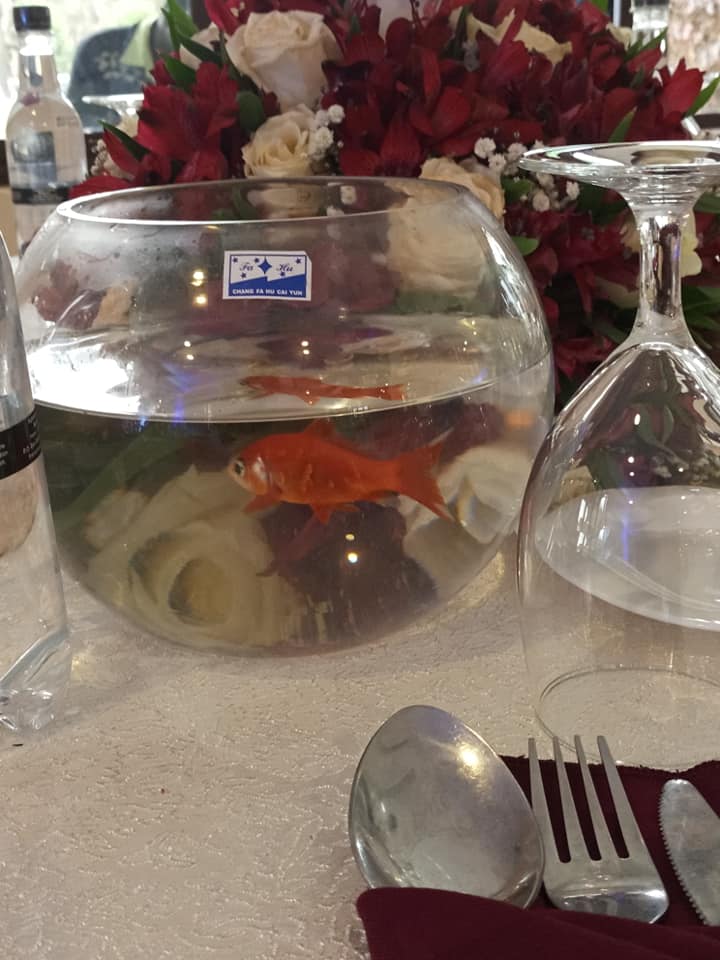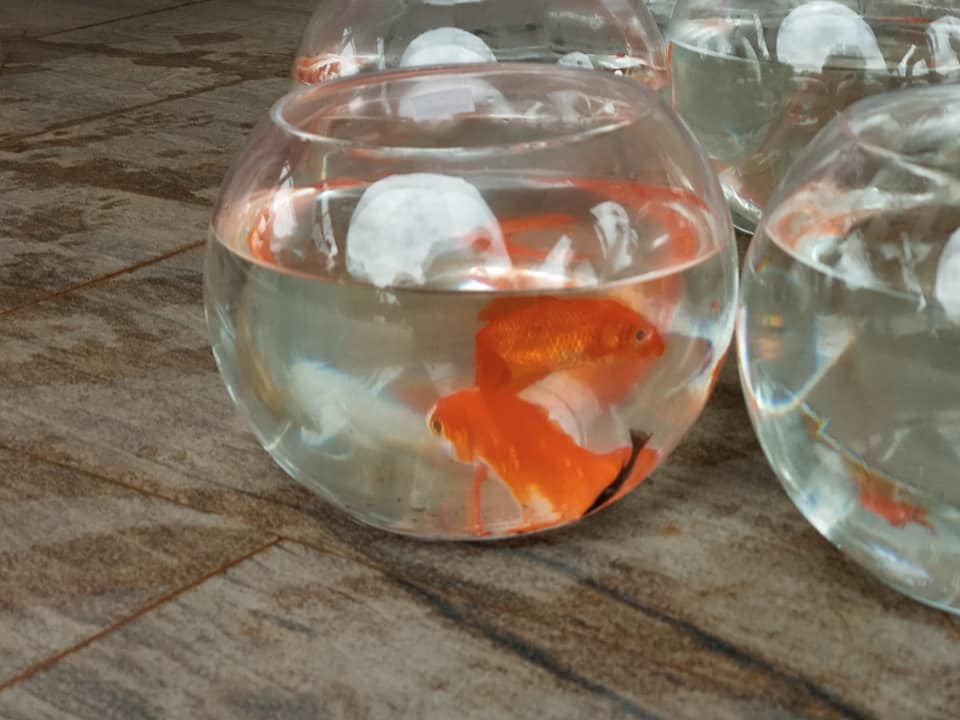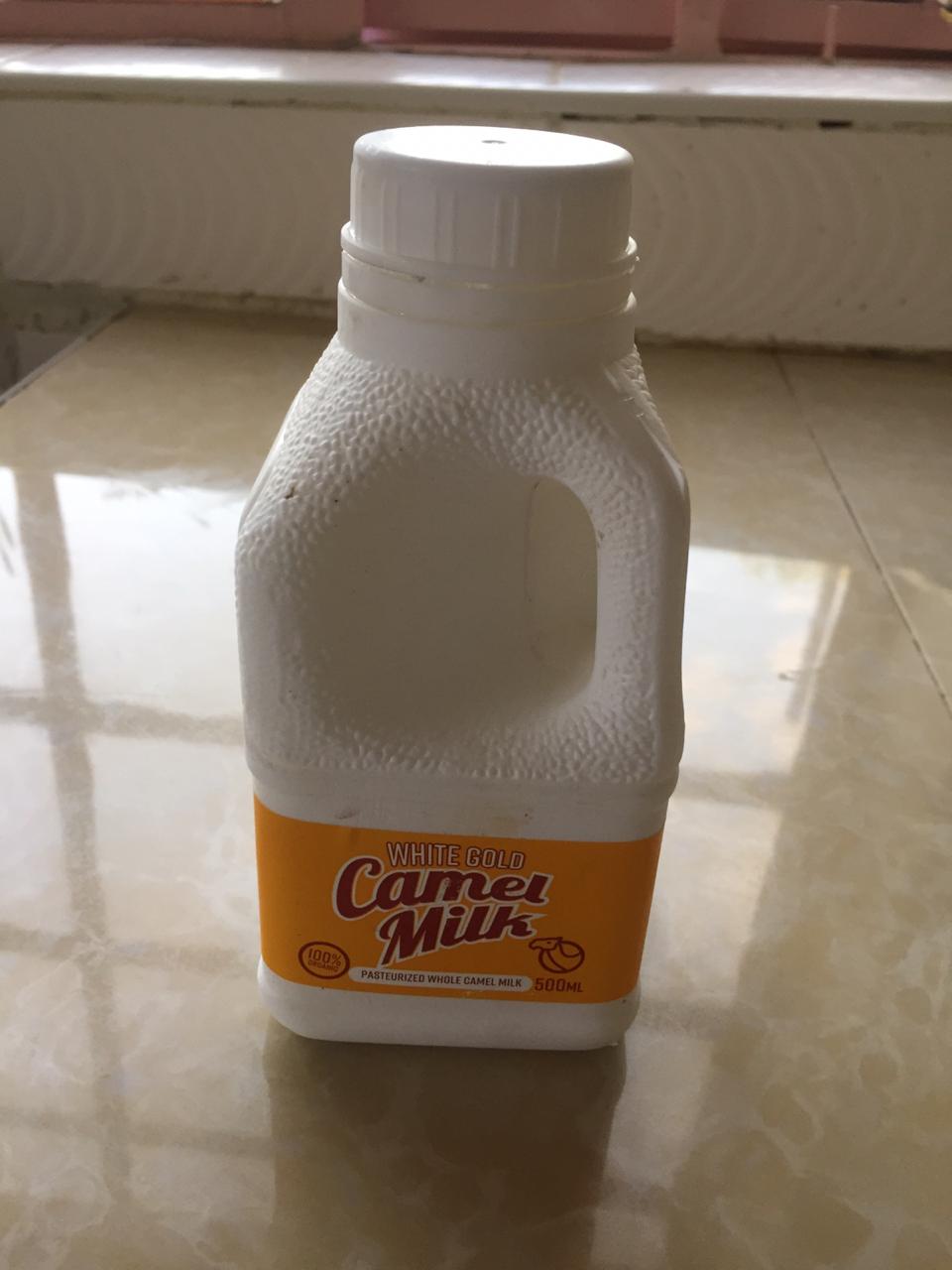 Driven by their childhood experience of nomadic lifestyle where they witnessed their parents lose livestock to drought and lack of drugs and vaccines, two young entrepreneurs from Wajir County are now leveraging on technology to provide market and veterinary services to smallholder pastoralists in rural Kenya.
Driven by their childhood experience of nomadic lifestyle where they witnessed their parents lose livestock to drought and lack of drugs and vaccines, two young entrepreneurs from Wajir County are now leveraging on technology to provide market and veterinary services to smallholder pastoralists in rural Kenya.
Driven by their childhood experience of nomadic lifestyle where they witnessed their parents lose livestock to drought and lack of drugs and vaccines, two young entrepreneurs from Wajir County are now leveraging on technology to provide market and veterinary services to smallholder pastoralists in rural Kenya.
Fed up with the situation, Ibrahim Ahmed, 28, and Abdirahman Abdullahi, 27, in 2018 started doing some research on how they could come up with a solution, which birthed Geljir Technologies Limited, a social enterprise firm that they founded in April 2019 to engineer innovative solutions in the livestock sector in sub-saharan Africa.
RELATED CONTENT: Agri-Entrepreneur: How I have used technology to connect 7,000 Kenya smallholder farmers to global markets
“Our plan was aimed at improving the lives of pastoral communities in Kenya and Africa by using modern technology to solve their challenges, hence we did not just want to make profit so we came up with a social enterprise that is driven by impact,” said Ibrahim Ahmed, co-founder and CEO of Geljir Technologies.
The new business then set about creating an end-to-end digital platform to connect smallholder pastoralists in rural areas to the livestock buyers and meat processing companies locally and internationally and present a convenient and reliable alternative to the current livestock value chain that was inefficient, risky and expensive.
Three months ago the duo launched M-nomad, a livestock marketplace web platform as their first product to the market.
The idea was to test the market with urban pastoralists and livestock traders who have access to the internet before developing other technologies and to their amazement the feedback was incredibly positive.
“We are following this with a USSD and SMS platform where we want to reach the rural pastoralists who use feature phones and have no internet access,” said Ahmed.
How M-nomad works
Once on m-nomad.co.ke, a seller (animal owner) is required to click sell, fill the product information and set the price of the product, which in this case is the livestock to be sold.
Geljir team then moves promptly to verify the seller’s information and the seller is included in the system upon qualification.
As a buyer, the user is required to fill the information of the desired product from the categories provided of which the company’s cloud-based system matches the buyer with his or her preference.
Users (seller and the buyer) are then allowed to engage in a transparent and free marketplace where the seller closes deal faster and buyer matched with reliable supply.
When all is done, Geljir through M-nomad facilitates the logistics and delivery which has been a problem in livestock marketing, and cuts a commission before paying the seller within 48 hours of the sale through their phone.
This eliminates the middlemen who by connecting smallholder pastoralists as livestock producers directly to bulk buyers and meat processing companies, and thus eliminating costs in the selling chain – seeing smallholders get better prices, and buyers benefiting from better prices too.
Users can access the responsive web platform through www.m-nomad.co.ke on their phone or desktop.
“In this,” said Ahmed, “M-nomad uses technology to solve farmers/pastoralists problems by firstly giving them access to all markets where there is huge demand for live animals by various buyers who have been unable to reach the rural smallholder pastoralists.”
RELATED CONTENT: New technology to help farmers raise hardier and more productive animals developed
According to the Kenya National Bureau of Statistics’ Economic Survey 2019, the value of marketed livestock and livestock products increased by 8.3 per cent to Sh146.8 billion in 2018, a clear indication that there is huge demand for livestock and livestock products.
M-nomad is also enabling pastoralists to access quality inputs, vaccines and veterinary services through a franchise model being put in place by the company. This reduces livestock disease and mortality rate and enable them to run sustainable livestock operations.
The producers also get alerts on weather, prices and animal husbandry through their phone for free, via sms, and they can notify stakeholders of any disease outbreak to trigger a quick response mechanism.
Currently, the company is working with women livestock groups in Wajir and Isiolo and working to engage with groups from other counties in the arid and semi-arid lands. “Our goal is to empower women and integrate them into the livestock value chain,” said Abdirahman Abdullahi Co-founder, Director of Innovation and Business Development.
The Ministry of Agriculture estimates that about 60 per cent of the livestock population is found in the Arid and Semi-Arid Lands (ASAL) where the industry employs nearly 90 per cent of the population.
So far, Geljir’s M-nomad has registered 42 sellers and is working with livestock groups and livestock organizations in North Eastern Kenya that represent more than 5,000 pastoralists.
Image: Ibrahim Ahmed Co-founder, CEO (left) and Abdirahman Abdullahi, Co-founder, Director of Innovation and Business Development
Email: This email address is being protected from spambots. You need JavaScript enabled to view it.
Phone: 0723990204, 0727440240
Physical address: Wambco Court, Behind NextGen mall, Mombasa road.







 Man milking camel (AFKTravel)
Man milking camel (AFKTravel)











